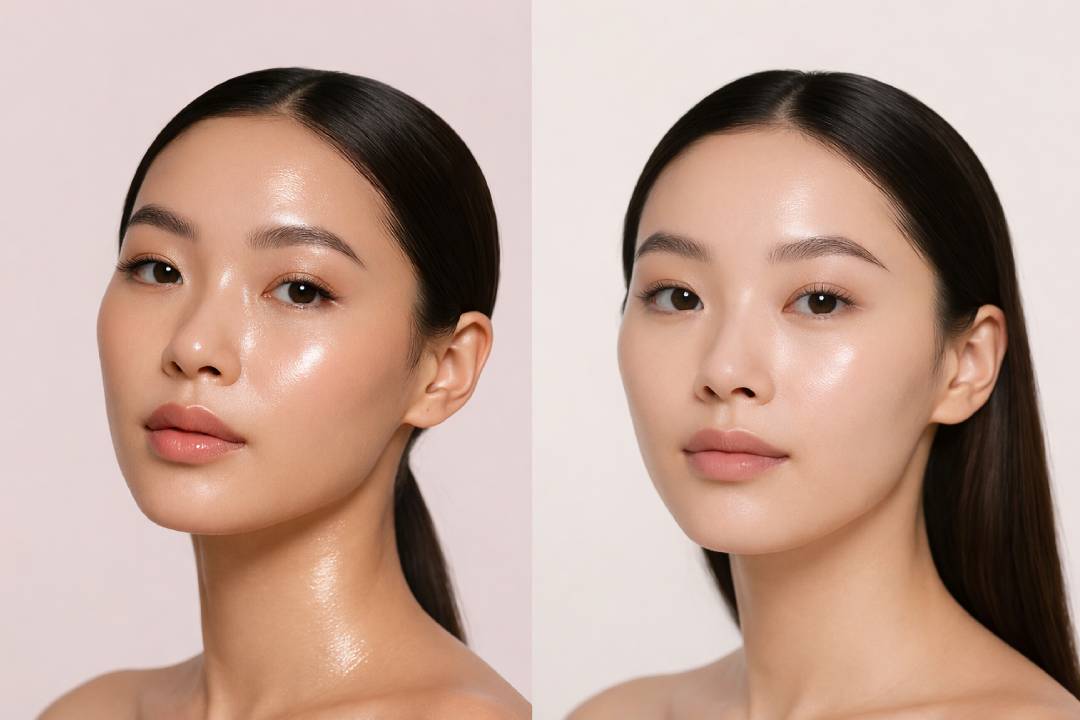Experiencing Hair Loss? Understand the Causes, Symptoms, and How to Deal With It
Hair Loss Isn’t Just a Cosmetic Problem
Petitepaulina – Hair loss causes treatment,Noticing more hair in your brush lately? While hair loss is often brushed off as a minor issue, it can be a warning sign of an underlying health condition. Everyone loses some hair every day—around 50 to 100 strands—as part of the natural growth cycle. However, excessive hair fall, especially when regrowth is slow or absent, can lead to thinning or bald patches, which may affect your confidence and self-esteem.
“Read : Loro Piana Under Judicial Oversight Amid Labor Exploitation Allegations “
Different Types of Hair Loss You Should Know
According to the Cleveland Clinic, hair loss is medically termed as alopecia. It can be temporary or permanent, and can occur on the scalp or other parts of the body. Some common types include androgenic alopecia (pattern baldness), alopecia areata (an autoimmune condition), telogen effluvium (usually triggered by stress or hormonal changes), and anagen effluvium (often caused by chemotherapy). Understanding which type affects you is key to getting the right treatment.
What Actually Causes Hair to Fall Out?
Hair loss can happen due to a wide range of reasons. Genetics, scalp infections, and aging are some of the common causes. Hormonal shifts during pregnancy, childbirth, or menopause also affect the hair cycle. Stressful life events, such as major surgery or losing a loved one, may lead to sudden hair shedding. Hairstyling habits, like tight braids or ponytails, and chemical treatments like bleaching and dyeing, can also weaken the hair roots, making them prone to breakage and fall.
” Read more : The Rise of Natural Beauty in the Makeup World “
How to Recognize the Signs of Hair Loss
Symptoms vary based on the cause. In men, receding hairlines or thinning on the crown are typical signs. Women may notice a general thinning across the entire scalp. In some cases, bald patches may form, or hair may fall out from the entire head or body. When hair loss is linked to an infection, the scalp may feel itchy, sore, or develop visible rashes. Early detection allows for better management and possible reversal.
Effective Treatments for Hair Loss
The treatment depends on what’s causing the hair to fall out. If it’s due to medication, thyroid issues, or nutritional deficiencies, addressing those root problems usually improves hair health. For hereditary hair loss, treatments include topical minoxidil or oral finasteride (for men). Hair transplant procedures and PRP (Platelet-Rich Plasma) therapy are also becoming popular for restoring hair and boosting confidence. Consulting a dermatologist is the safest step to get tailored solutions.
Prevention Tips to Keep Your Hair Healthy
Not all hair loss can be prevented, but some lifestyle choices can help. Eat a balanced diet rich in protein, iron, and essential vitamins. Manage stress with physical activity, breathing exercises, or hobbies you love. Avoid tight hairstyles and limit chemical exposure from dyes and straighteners. For patients undergoing chemotherapy, cooling caps might reduce hair loss during treatment. Healthy hair starts from healthy habits.













